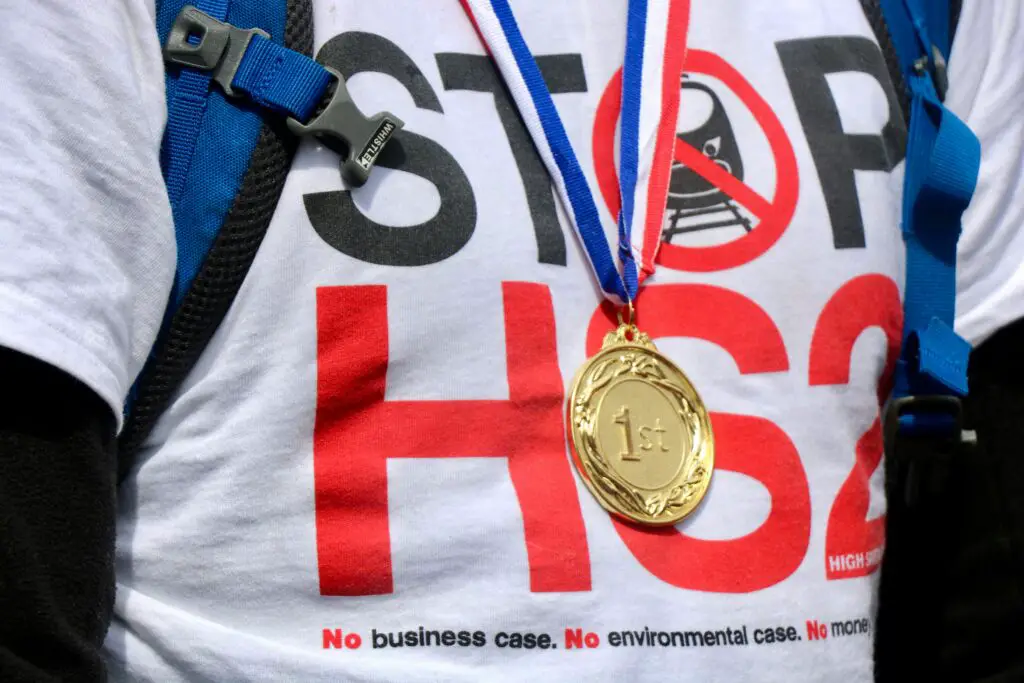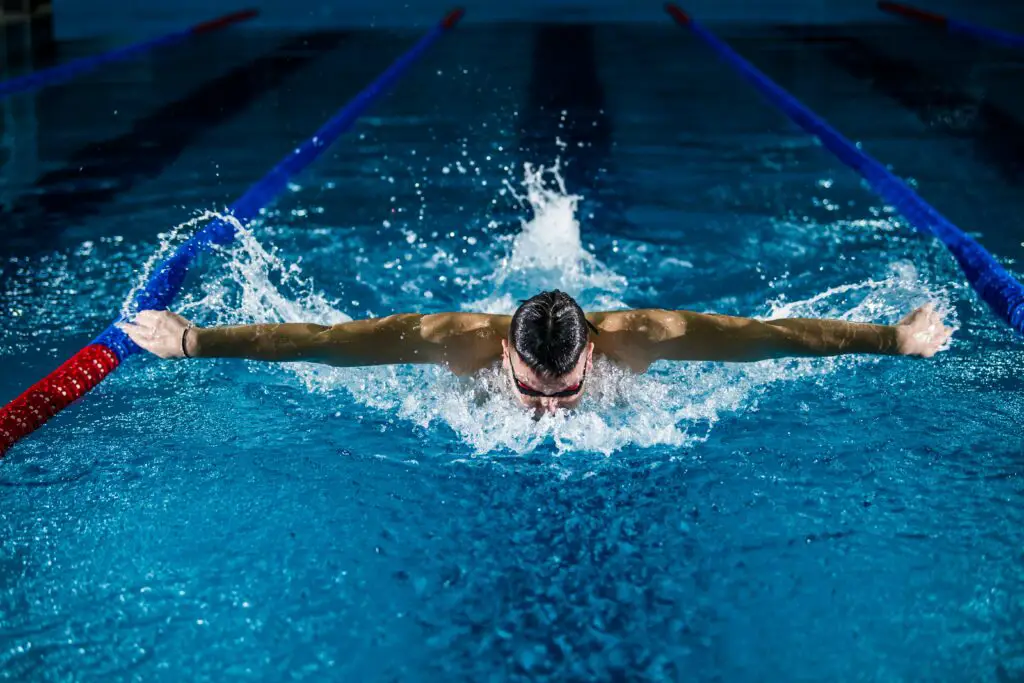Ancient Olympic Games
Origins In Ancient Greece
The Story Of The Olympic Games Begins In Ancient Greece, Where The First Recorded Games Were Held At Olympia In 776 B.C. These Games Were Part Of A Religious Festival Dedicated To Zeus, King Of The Greek Gods. Ancient Greeks Believed That Athletic Prowess Was A Gift From The Gods, And Sports Were A Way To Honor Them.
Events And Competitions In Ancient Times
The Original Olympic Games Featured A Limited Number Of Events Compared To Today’s Standards. The Most Prominent Was The Stadium Race, A Race Of About 200 Meters. Other Events Included Wrestling, Boxing, The Long Jump, The Javelin Throw, And The Discus Throw. These Events Were Designed To Show The Skills Needed For War, Reflecting The Martial Culture Of Ancient Greece.
Cultural Importance Of Ancient Olympics
The Ancient Olympics Weren’t Just Athletic Competitions; They Were A Unifying Force For The Greek City-States, Which Were Often At War With Each Other. During The Games, A Ceasefire Was Declared Throughout Greece, Allowing Athletes And Spectators To Travel Safely To Olympia. This Tradition Of Peace And Unity Is A Legacy That Influences The Modern Olympic Games.

Decline And Fall Of Ancient Games
Political Changes And The End Of Ancient Olympics
As Greek Civilization Declined, So Did The Olympic Games. The Rise Of The Roman Empire Brought New Political Dynamics And The Games Began To Lose Their Religious And Cultural Significance. In 393 A.D., The Roman Emperor Theodosius I Banned All Pagan Festivals, Including The Olympics, Bringing The Ancient Tradition To An End.
Effects Of Roman Rule On Games
Roman Rule Changed The Nature Of The Olympic Games, With Gladiatorial Contests And Other Forms Of Entertainment Becoming More Popular. The Original Spirit Of The Games Was Lost, And They Eventually Faded Into Obscurity Until Their Revival In The Modern Era.
Revival Of Modern Olympic Games
Role Of Pierre De Coubertin
The Olympic Games We Know Today Owe A Great Deal To The Vision Of French Educator And Historian Pierre De Coubertin. In The Late 19th Century, He Led A Movement To Revive The Games, Believing They Could Promote Peace And International Cooperation. Coubertin’s Efforts Led To The First Modern Olympic Games Being Held In Athens In 1896, A Symbolic Return To The Birthplace Of The Ancient Games.
First Modern Olympic Games In Athens, 1896
The 1896 Games Were Modest Compared To The Grandiose Games Of Today, With 14 Nations And 241 Athletes Competing In 43 Events. However, They Launched A Global Movement That Set The Stage For The Olympics To Become A Worldwide Phenomenon.
Differences Between Ancient And Modern Games
While The Modern Olympics Draw Inspiration From The Ancient Games, They Have Significant Differences. The Ancient Games Were Only For Male Athletes, Often From Aristocratic Backgrounds, While The Modern Games Have Become More Inclusive, Welcoming Athletes Of All Genders, Races, And Social Classes. The Spirit Of Competition Remains, But The Focus Has Shifted Toward Global Unity And Cultural Exchange.
Growth And Globalization Of The Olympic Movement
Expansion Beyond Europe
As The Olympics Grew In Popularity, They Spread Beyond Europe And Athletes From Around The World Began To Join. The 1904 Games In St. Louis Were The First Games To Be Held Outside Of Europe, Although They Were In The Shadow Of The World’s Fair That Was Held Simultaneously. The Inclusion Of Countries From Africa, Asia, And South America Has Made The Olympics A Truly Global Event.
Inclusion Of Women In The Olympics
Women Were First Allowed To Compete In The Olympics In Paris In 1900. Although Their Participation Was Limited, It Marked The Beginning Of A Slow But Steady Move Toward Gender Equality In Sports. Today, Women’s Events Are Held In Almost Every Sport, And Female Athletes Are Treated With The Same Respect As Their Male Counterparts.The Winter Olympics Were Introduced In 1924 In Chamonix, France, To Include Sports That Were Not Suitable For The Summer Games. This Expansion Allowed The Olympics To Reach New Audiences And Celebrate Winter Sports Such As Skiing, Ice Hockey, And Figure Skating.
Beginning Of The Winter Olympics
Women Were First Allowed To Compete In The Olympics In Paris In 1900. Although Their Participation Was Limited, It Marked The Beginning Of A Slow But Steady Move Toward Gender Equality In Sports. Today, Women’s Events Are Held In Almost Every Sport, And Female Athletes Are Treated With The Same Respect As Their Male Counterparts.
Important Moments In Olympic History
1936 Berlin Olympics
The 1936 Olympics In Berlin Are Often Remembered For The Political Tensions Surrounding Them. Adolf Hitler Saw The Games As An Opportunity To Present Nazi Germany To The World. However, African-American Athlete Jesse Owens Challenged Nazi Ideology By Winning Four Gold Medals, Proving That Athletic Excellence Transcended Race.
1972 Munich Massacre
One Of The Darkest Moments In Olympic History Occurred During The 1972 Munich Games When A Terrorist Group Took 11 Israeli Athletes Hostage. The Tragedy Shocked The World And Highlighted The Olympics’ Sensitivity To Political Violence. Security At The Games Has Been Significantly Tightened To Prevent Similar Incidents.
1980 Miracle On Ice
The 1980 Winter Olympics In Lake Placid, New York, Saw One Of The Most Famous Moments In Sports History. The U.S. Men’s Ice Hockey Team, Composed Mostly Of Amateur And College Players, Defeated The Heavily Favored Soviet Team. This Victory, Known As The “Miracle On Ice,” Became A Symbol Of American Determination During The Cold War.
Political Influences On The Olympic Games
Boycotts And Political Statements
Throughout History, The Olympics Have Often Been Used As A Platform For Political Statements. The 1980 Moscow Games Were Boycotted By The United States And Other Countries In Protest Of The Soviet Invasion Of Afghanistan. Four Years Later, The Soviet Union And Its Allies Boycotted The Los Angeles Games In Retaliation.
Cold War And The Olympics
The Cold War Era Saw Intense Rivalry Between The United States And The Soviet Union, Which Played Out On The Olympic Stage. Sports Became A Battleground For Ideological Supremacy, With Each Side Using The Successes Of Their Athletes To Promote Their Own Political Systems.
Role Of The International Olympic Committee (Ioc)
The Ioc Has Played An Important Role In Addressing Political Challenges Associated With Sports. While The Ioc Strives To Keep The Olympics Apolitical, It Often Finds Itself At The Center Of Geopolitical Conflicts, Balancing The Interests Of Various Countries While Promoting The Olympic Values of Peace And Unity.
Role Of Media In The Olympics
First Televised Olympic Games
The 1936 Berlin Olympics Were The First To Be Televised, But Extensive Tv Coverage Did Not Become A Reality Until The 1960 Rome Games. Television Made The Olympics A Global Spectacle, Allowing Millions Of People To Watch Events Live From Their Homes.
Effects Of Global Media Coverage
Global Media Coverage Has Made The Olympics One Of The Most-Watched Events In The World. The Games Have Become A Platform For Athletes To Gain International Recognition And For Countries To Showcase Their Culture And Accomplishments. Media Coverage Also Plays An Important Role In Shaping People’s Perception Of Sports And Athletes.
Commercialization And Sponsorship
With Increased Media Exposure Came Commercialization. Sponsorship Deals And Advertising Have Become Major Sources Of Revenue For The Olympics, But They Have Also Raised Concerns About The Commercialization Of A Once Purely Amateur Competition. The Balance Between Maintaining The Olympic Spirit And Accommodating Commercial Interests Is A Delicate One

Important Challenges Faced By The Olympic Games
Doping Scandals
Doping Has Been A Persistent Issue At The Olympics, With Athletes Seeking An Unfair Advantage Through Performance-Enhancing Drugs. In Recent Years High-Profile Scandals Such As The Russian Doping Controversy Have Tarnished The Reputation Of The Games And Raised Questions About The Effectiveness Of Anti-Doping Measures.
Corruption Within The Ioc
The Ioc Has Faced A Number Of Controversies, Including Allegations Of Corruption And Bribery In The Bidding Process To Host The Games. These Issues Have Led To Calls For Reforms To Ensure Greater Transparency And Accountability Within The Organization, As Well As The Integrity Of The Olympic Movement.
Environmental Impact Of Hosting The Games
Hosting The Olympics Is A Huge Undertaking That Often Comes With Significant Environmental Costs. From The Construction Of The Venues To The Influx Of Visitors, The Games Can Have A Lasting Impact On The Environment Of The Host City. In Recent Years, There Has Been A Greater Emphasis On Sustainability, With Some Host Cities Taking Steps To Reduce The Environmental Impact Of The Games.
Cultural Impact Of The Olympic Games
Olympic Values and Global Unity
The Olympics Are More Than Just A Sporting Event; They Embody The Values of Excellence, Friendship And Respect. These Values promote Global Unity And Encourage People From Different Cultures And Backgrounds To Come Together In A Spirit Of Competition. The Olympic Games Are A Reminder Of Our Common Humanity, Transcending Boundaries And Fostering A Sense Of Global Community.
Olympic Sports And National Identity
For Many Countries, The Olympics Are A Source Of National Pride. Success At The Games Can Boost A Nation’s Morale And Strengthen Its Identity On A Global Stage. The Games Also Provide Nations With An Opportunity To Showcase Their Culture And History To The World.
Influence On Popular Culture
The Olympic Games Have Left A Lasting Impact On Popular Culture, Inspiring Countless Films, Books And Songs. Stories Of Olympic Triumphs And Tragedies Resonate With People Around The World, Making The Games A Rich Source Of Inspiration For Artists And Creators.
Olympic Games In The 21st Century
Technological Innovations In The Olympics
The Olympics In The 21st Century Have Seen A Wave Of Technological Innovations, From Advanced Timing Systems To Virtual Reality Experiences For Fans. These Innovations Have Enhanced The Viewing Experience And Brought The Games Closer To Viewers Around The World. Technology Also Plays A Vital Role In Improving Athlete Performance And Ensuring Fair Competition.
Emergence Of New Sports
In Recent Years, New And Exciting Sports Have Been Added To The Olympic Programme. Sports Such As Skateboarding, Surfing And Sport Climbing Made Their Debut At The Tokyo 2020 Games, Reflecting The Changing Interests And Demographics Of The Global Audience.
Role Of Social Media
Social Media Has Transformed The Way We Experience The Olympics. Athletes Can Now Connect Directly With Fans, Sharing Their Journeys And Insights In Real Time. Social Media Also Allows Fans To Engage More Actively With The Games, Starting A Global Conversation About The Events.
Future Of The Olympic Games
Challenges Facing Future Games
The Future Of The Olympic Games Is Not Without Its Challenges. Rising Costs, Political Tensions And The Threat Of Climate Change Are Just Some Of The Issues That Future Games Will Have To Deal With. The Ioc Must Adapt To These Challenges To Ensure The Continued Success And Relevance Of The Olympics.
Sustainability And The Olympics
Sustainability Has Become A Major Focus For The Olympics, With Recent Host Cities Implementing Measures To Reduce Their Environmental Impact. From Building Eco-Friendly Venues To Promoting Sustainable Transport, The Olympics Are Increasingly Aligned With Global Efforts To Tackle Climate Change.
The Potential Of Esports In The Olympics
As E-Sports Continue To Grow In Popularity, There Has Been Speculation About Their Inclusion In The Olympic Programme. While Traditionalists May Balk At The Idea, The Inclusion Of E-Sports Could Attract A Younger Audience And Keep The Olympics Relevant In An Increasingly Digital World.
Notable Olympians Throughout History
Jesse Owens And The 1936 Olympics
Jesse Owens And The 1936 Olympics Jesse Owens Is One Of The Most Iconic Figures In Olympic History. His Four Gold Medals At The 1936 Berlin Olympics Challenged The Racist Ideologies Of Nazi Germany And Made Him A Symbol Of Athletic Excellence And Human Dignity.
Nadia Comaneci And The Perfect 10
At The 1976 Montreal Olympics, Romanian Gymnast Nadia Comăneci Made History By Scoring The First Perfect 10 In Olympic Gymnastics. Her Accomplishment Not Only Redefined The Sport But Also Inspired Generations Of Gymnasts Around The World.
Michael Phelps And The Olympic Swimming Record
Michael Phelps Is The Most Decorated Olympian Of All Time, With 23 Gold Medals To His Name. His Dominance In The Pool At Multiple Olympic Games Has Set A New Standard For Excellence In Swimming And Cemented His Legacy As One Of The Greatest Athletes In History.
Conclusion
The Olympic Games Have A Rich History Spanning Thousands Of Years, From Their Beginnings In Ancient Greece To Their Current Status As A Global Phenomenon. They Have Conquered Challenges, Adapted To Changing Times And Continue To Inspire People Around The World. As We Look To The Future, The Olympic Games Will Undoubtedly Continue To Evolve, But Their Core Values of Excellence, Friendship And Respect Remain Unchanged.

Frequently Asked Questions
What Is The Oldest Olympic Sport?
The Oldest Olympic Sport Is The Stadion Race, A Short Sprint That Was The Only Event In The First Recorded Olympic Games In 776 Bc.
How Often Are The Olympic Games Held?
The Olympic Games Are Held Every Four Years, While The Summer And Winter Games Are Held Every Two Years On Alternating Sides.
What Are The Olympic Rings?
The Olympic Rings Are The Symbol Of The Olympic Games, Representing Unity Between The World’s Five Inhabited Continents And Athletes From These Regions.
How Have The Olympics Influenced Modern Sports?
The Olympics Have Popularized Many Sports Globally, Inspired The Creation Of New Competitions And Set Standards For Athletic Performance And Sportsmanship.
What Are Some Of The Controversies Associated With The Olympic Games?
Controversies Include Doping Scandals, Political Boycotts, Corruption Within The Ioc, And The Environmental And Social Impacts Of Hosting The Games.
